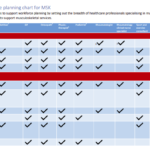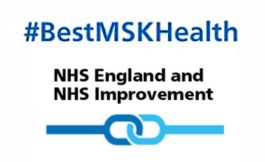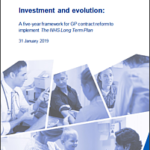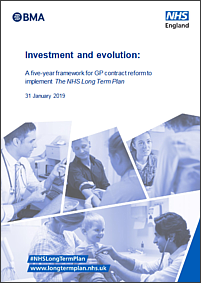 by Sue Brown, CEO ARMA
by Sue Brown, CEO ARMA
Last month the Government announced a new major conditions strategy. In the past ARMA’s response to such an announcement would be “what about MSK? That’s a major condition contributing hugely to the burden of disease in England.” Not this time.
I will admit to being surprised to read the list of six conditions included and find musculoskeletal disorders was one of them. Pleasantly surprised. Finally, in this one document at least, MSK seems to have parity with other conditions.…
Read more of this article




 The
The 


 We all know that MSK is one of the two biggest causes of sickness absence in the UK. It’s perhaps no surprise that this is even more true in the construction sector. Every year, occupational ill‐health costs construction employers £848million in reduced productivity, sick pay, cover for absence and replacing staff who leave because of ill health.
We all know that MSK is one of the two biggest causes of sickness absence in the UK. It’s perhaps no surprise that this is even more true in the construction sector. Every year, occupational ill‐health costs construction employers £848million in reduced productivity, sick pay, cover for absence and replacing staff who leave because of ill health. 
 by Sarah Duncan, Head of Clinical Policy, NHS England
by Sarah Duncan, Head of Clinical Policy, NHS England
 By Chris Graham, Chief Executive, Picker Institute Europe
By Chris Graham, Chief Executive, Picker Institute Europe
 Guest Blog by Dr Jo Larkin, Sport and Exercise Medicine Consultant FFSEM
Guest Blog by Dr Jo Larkin, Sport and Exercise Medicine Consultant FFSEM